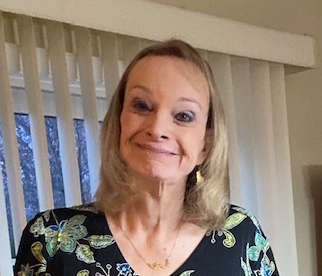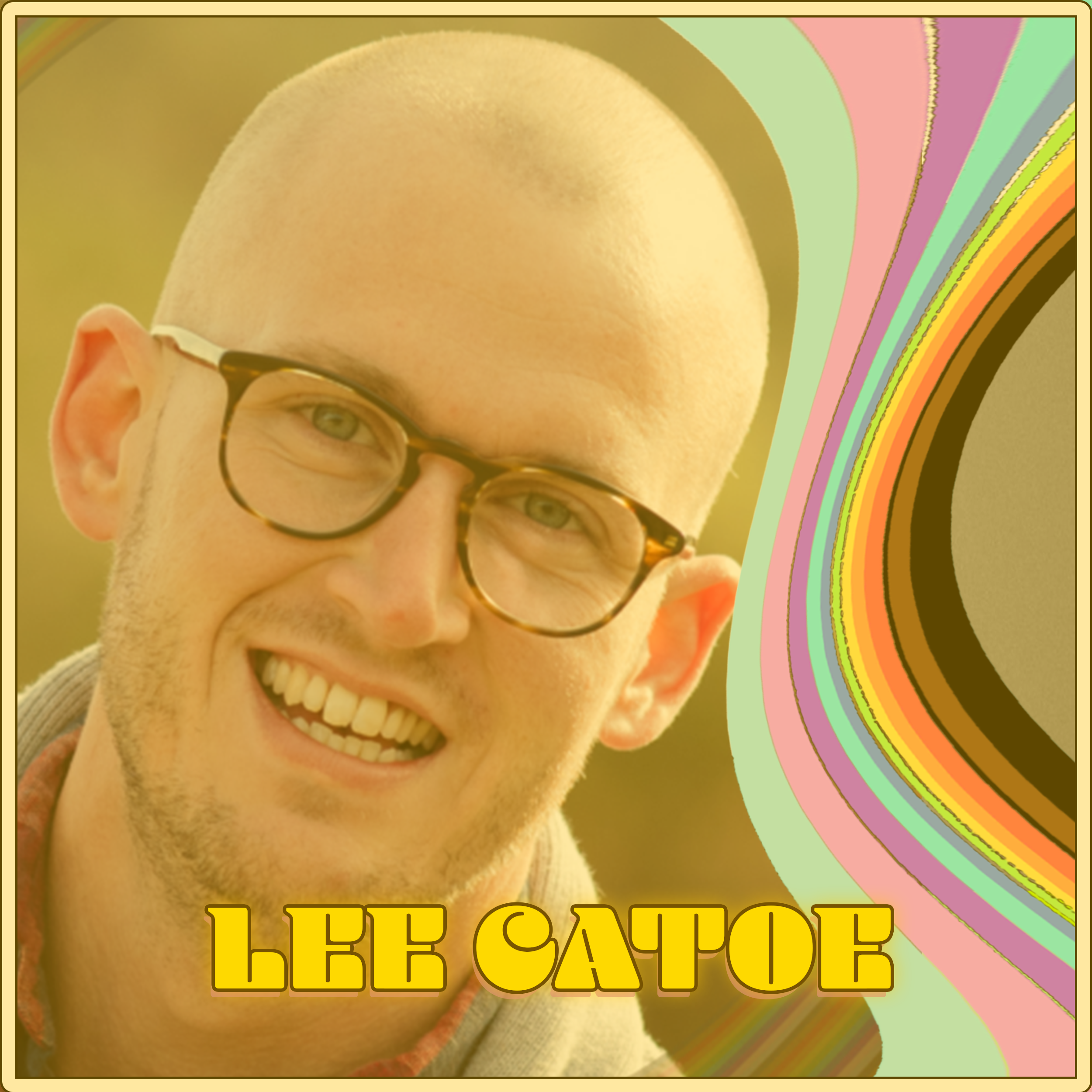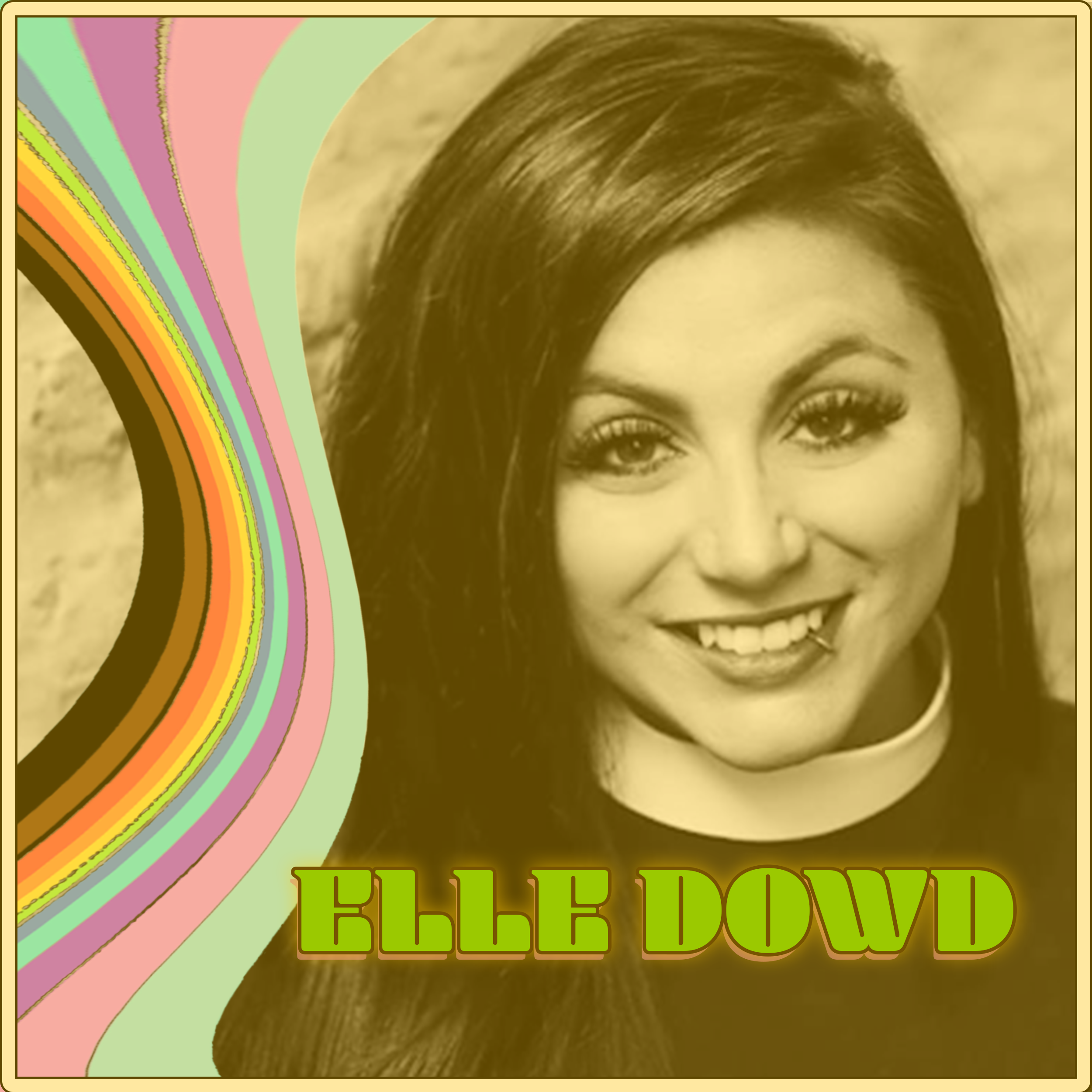What does it mean to nurture? The dictionary of Oxford languages describes nurture as “to care for and encourage the growth of and development of.” I can best describe how my queer family and family of choice has nurtured me by first talking about how I was not nurtured by my family of origin and my church family.
I grew up in the 60’s in a middle-income family in a small community in Pennsylvania. I have no doubt that I was loved, but that love was conditional. They expected me to conform to the ideals and vision they had of me. I knew early on, though, that somehow I was different. I did not fit in the mold of a little boy that was expected of me. Whenever I tried to explain or to display my sense of self as being the girl, I knew myself to be, I was punished and ridiculed. I was told I was sick or deviant. At one point when I was caught by my parents in a skirt and heels, I was threatened with being expelled from the family and told I would be forced to live on the streets and then I would find out what happened to freaks like me. Although I learned to adapt and to keep my secret from my family and my friends, the tension it caused within me led me to being severely depressed and having suicidal tendencies. At one point when I was a teenager, I approached the pastor of my church with my secret. His response was to tell me these thoughts were evil and dangerous and I needed to get them out of my head. He also removed me from my leadership position in the church youth group and told my parents about our discussion and once again, I was severely punished for my actions. I learned that I was hated by God and my family unless I became someone, at least on the surface, that I was not. I learned how to keep my secret in the deepest parts of me not revealing even an inch of the girl I knew that I was and who was so desperately wanting to get out, to anyone.
This is how I spent the rest of my teenage years and the majority of my adult life. I grew to hate myself. I did what was expected. I became “macho”. I joined the military and became a police officer and everything I did was to prove how much of a man I was. The whole time I was pretending that this was a battle between Mary, who kept trying to express herself, and the person I created for my own survival. I became even more depressed. I thought if I stayed with the church maybe God would have compassion on me and either take my life or change me. I ended up as a mission co-worker, a position I actually loved doing because of my spouse and because I actually felt I was finally doing good for people. But the evangelical part of the church kept proclaiming that being part of the queer community was wrong, and more and more I grew to believe that God hated me. It came to the point where my suicide attempts were becoming more desperate and we knew I had to find help. During all of these years, I never felt nurtured because no one really knew or cared for me except my spouse.
Once I left mission work, my faith in God became a question mark in my life. Since I am married to a pastor I stayed with the church and kept my church connections but never felt at home, never felt safe around the church or church people.
I was seeing a therapist at the time who specialized with transgender people. I was finally able to discuss and learn about this so-called demon I had been living with and for the first time in my life, started to believe I wasn’t a bad person, I wasn’t pervert or sick, I was who I knew myself to be all along. With the help of my therapist, I was able to attend a transgender conference and it was there that I was truly able to come alive. During my first trip there, I was so afraid I turned back home three different times before finally deciding to do this and drove to the conference. It was at this conference where I learned about family of choice, where I found out I was not alone and where I found people who actually cared about me and wanted me, as Mary, to be around and be a part of their lives. I finally felt safe and truly cared for. It was at this first conference that I met my three sisters of choice who after 11 years are still in my life lifting me up when I get down.
As I grew and developed, and became strong enough to finally let Mary free from the bondage I had placed her in, it was my queer siblings who kept encouraging me and crying with me when the losses seemed unbearable. As Mary grew, I lost my family of origin. I lost many of my friends. But, yes, I had some family remain most of them being from my spouse’s side, go figure, my own blood turned on me but others stayed. My faith, though, remained a huge issue because all I kept hearing from the Church as a whole was that my Queer family and I were abominations and that God hated us. Every time I marched in a pride event, I saw the Church out with their signs of hate.
Once again, it was my queer family that crossed over my fears and showed me that perhaps God didn’t hate me. I became aware of organizations like More Light Presbyterians, and that within most denominations there were affirming groups of believers. I discovered an online group, the Trans women of Faith, and I discovered books written by queer theologians. It has been my queer community and my queer family of choice that has continuously shown to me God’s grace and love.
The parable of the lost sheep describes how the shepherd leaves the flock to go find the one that was lost and to bring it back to the safety of the flock. It has been my queer community that has literally gone out and brought me back to the safety of the flock. If I were to give an example of how one cares for, encourages the growth of another, I would only have to point to my queer community. It is within this community that I have once again found the grace of love and the spirit of God.

Mary Almy (she|her) is a lifelong member of the Presbyterian Church. She has served the church as an Elder, Deacon and as a mission coworker. She most recently received a certificate for Church Planting and Revitalization from Pittsburgh Theological Seminary. Mary is also a Transgender Womxn of faith, whose desire is to build bridges and heal hurts between the LGBT community especially the Transgender community and the Church. Mary currently lives in York, Pa with her wife, dog and two cats.



Unbound Social